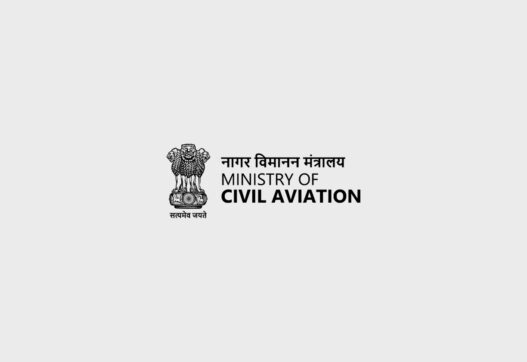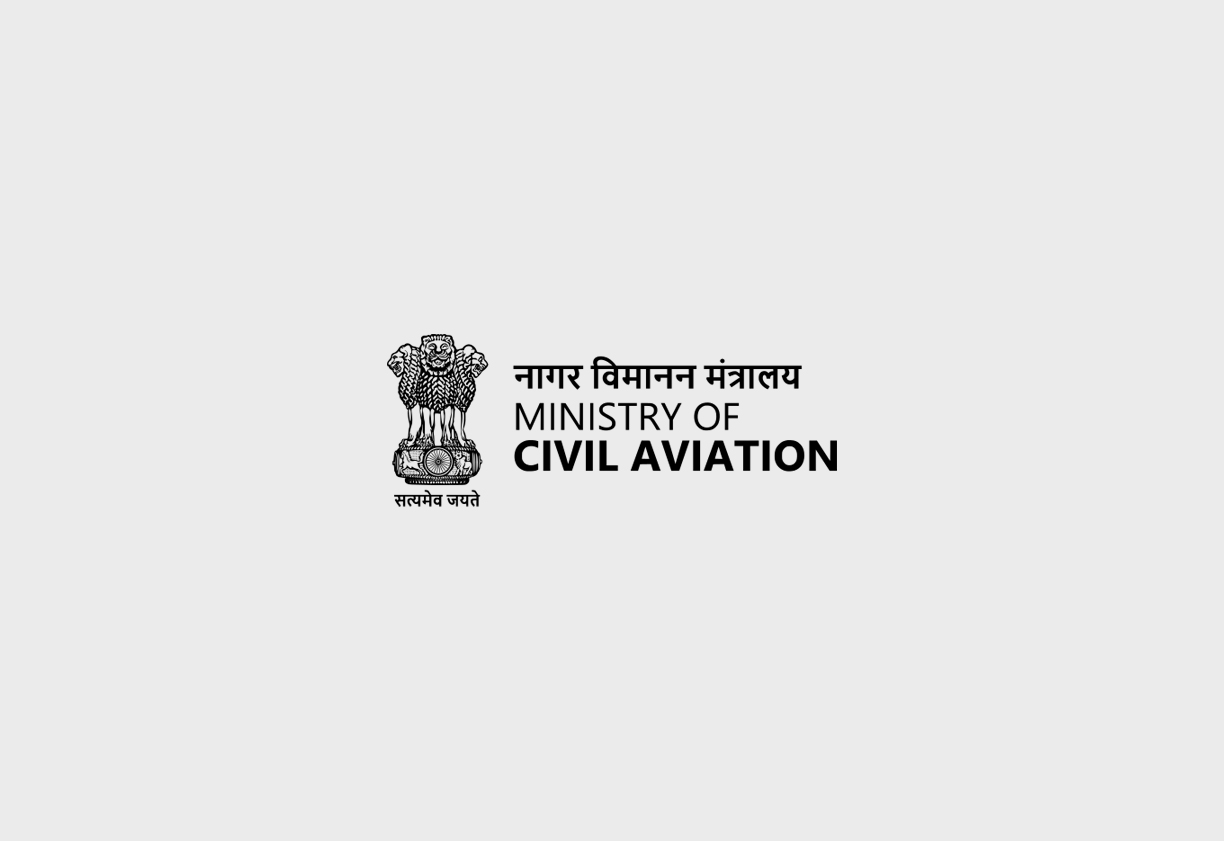Ministry of Civil Aviation
The Foreign Aircraft (Exemption from Taxes and Duties on Fuel and Lubricants) Act, 2002, is a specific piece of legislation aimed at implementing agreements entered into by India with other countries, pursuant to the Convention on International Civil Aviation. This Act provides for the exemption of taxes and duties on fuel and lubricants supplied in India to the aircraft of contracting parties, facilitating smoother and more cost-effective international air travel. It is a key element in India’s commitment to international aviation agreements.
1: Act Background and Ministry
The Foreign Aircraft (Exemption from Taxes and Duties on Fuel and Lubricants) Act, 2002, was enacted to fulfill India’s obligations under the Convention on International Civil Aviation, signed in Chicago in 1944. The Act allows for the implementation of Air Services Agreements or Air Transport Agreements with other countries, which often include provisions for tax exemptions on fuel and lubricants. The Ministry of Civil Aviation oversees this Act, reflecting its role in facilitating international air travel and ensuring compliance with international agreements. The Ministry plays a vital role in formulating policies, implementing the act, and promoting international cooperation in the aviation sector.
2: Enactment Date, Number of Chapters, and Sections:
The Act was enacted on June 11, 2002, and is officially known as Act No. 36 of 2002.
-
The Act is structured into two chapters, with the second chapter containing only one section.
-
It includes a total of 3 sections, covering the short title, definitions, and the provision for tax exemptions.
-
The Act is concise and focused on its specific purpose of providing tax exemptions.
3: Act Governed By:
The Act is primarily governed by:
-
The Central Government: The Central Government is empowered to issue notifications to implement the provisions of the Act and grant exemptions.
-
Air Services Agreements or Air Transport Agreements: These agreements, entered into by India with other countries, form the basis for the exemptions provided under the Act.
-
The Convention on International Civil Aviation: This international treaty provides the framework for the agreements and the Act.
4: On Whom It Is Applicable:
The Act is applicable to:
-
Aircraft of countries that are parties to the Convention on International Civil Aviation.
-
Air Services Agreements or Air Transport Agreements entered into by India with other countries.
-
All entities involved in the supply of fuel and lubricants to foreign aircraft in India.
-
All authorities responsible for levying taxes and duties on fuel and lubricants.
5: Penalties/Punishments:
The Act does not specify any penalties or punishments for non-compliance. Instead, it focuses on:
-
Providing a legal basis for granting exemptions from taxes and duties on fuel and lubricants.
-
The Act does not include provisions for penalties, as it is designed to facilitate international air travel rather than to penalize individuals or entities.
6: Important Pointers:
-
The Act defines “Agreements” and “Convention” to clarify its scope.
-
It empowers the Central Government to grant exemptions from taxes and duties on fuel and lubricants supplied to foreign aircraft.
-
The Act ensures that India fulfills its obligations under international agreements related to civil aviation.
-
It promotes international cooperation in the aviation sector by facilitating smoother operations for foreign airlines.
-
The Act provides a legal basis for the tax exemptions, ensuring that they are consistent with Indian law.
-
It does not create any new authorities but relies on the Central Government to implement its provisions.
-
The Act aims to make international air travel more cost-effective by reducing the tax burden on foreign airlines.
7: Download Act Copy




